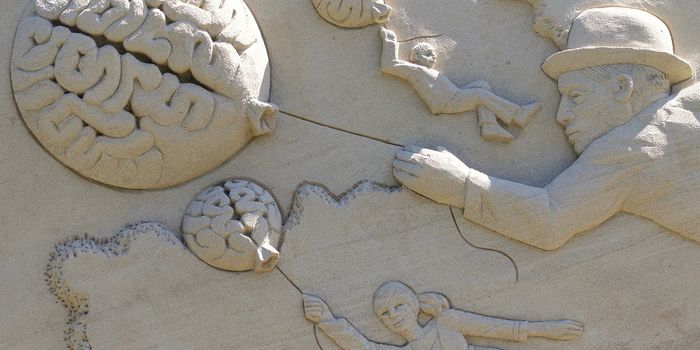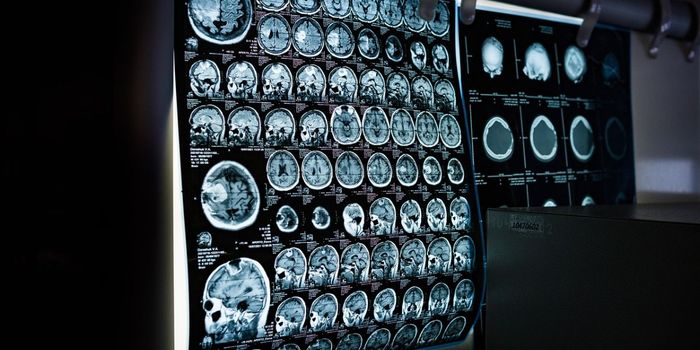Training the Brain to Prevent Dementia?
Brain training games that promise protection from dementia and increased memory skills have been a controversial subject in neuroscience research. In 2016 the company Lumos Labs, maker of the Lumosity brain game subscription service was fined $2 million by the Federal Trade Commission for making claims about the game's effectiveness that were not substantiated.
In recent research, however, aging experts have come up with a program of mental exercise that can reduce the risk of dementia. It's the first research that has validated a proven way to mentally train the brain and reduce the chance of developing dementia.
The training is called "speed of processing," and in long-term research called the Advanced Cognitive Training in Vital Elderly (ACTIVE) study that lasted nearly a decade, the risk of dementia was lower for those who took the course. Volunteers who began the program and completed the training showed less memory loss and cognitive decline by the end of the study than those who had not received the training. While the study went on for years, the time spent learning was not that long. Initially, participants underwent ten one-hour lessons over a six-week period. After that, there were "booster sessions" which included four sessions 11 months after the initial training and another four sessions 35 months after beginning the program.
Frederick W. Unverzagt, Ph.D., professor of psychiatry at Indiana University School of Medicine explained, "We would consider this a relatively small dose of training, a low-intensity intervention. The persistence -- the durability of the effect was impressive." The ACTIVE study included 2,802 older adults, divided into four groups: those who were instructed on strategies to improve their memories, a second group who received training on problem solving, a third group that participated in a computer-based game of speed of processing tasks that were designed to increase the difficulty and capacity of information they could process in a hurry and a control group who received no training or skills practice. Cognitive assessments were done immediately following the training and at one, two, three, five and ten years post-completion.
Because some of the patients died or dropped out, at the end of the study, 1,220 participants remained and reached the 10-year assessment. Of those, 260 developed dementia. After looking at the numbers, the patients who had received the speed of processing training had a 29% lower risk of developing dementia than their study counterparts in the control group. Those who had also completed the booster sessions of the program had more benefit from the program than those who had only done the initial training. While the groups who had training in problem-solving and memory strategies showed some improvement, the rate was not statistically significant.
The game used in the speed of processing training was adaptive, in that once a user mastered a particular set of exercises, the software would kick up the speed and difficulty. On touch screens, participants would identify an object in the center of the viewing area, while also noting the location of objects that would pop up quickly on the sides. The training the other groups received was not computer-based, but rather classroom sessions of memory strategy and instruction. With the numbers of patients living with dementia expected to rise each year, the prospect of training that could reduce the risk of cognitive decline is something neuroscientists will be looking at closely. The video below explains more about how this training could impact future research.
Sources: University of Indiana, BrainHQ, Alzheimer's and Dementia Translational Research and Clinical Interventions









